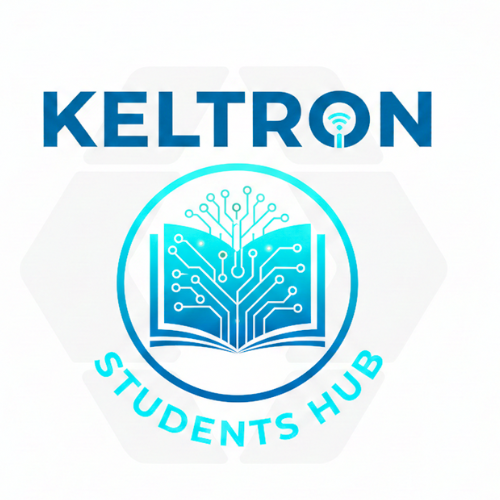1. SEO (Search Engine Optimization)& GEO(generative engine optimization)
What SEO & GEO is, on-page & off-page tactics, technical SEO, and popular tools like Ahrefs, SEMrush and Google Search Console.
Learn more
Digital marketing is the practice of reaching, engaging and converting customers across digital channels. This page highlights the core topics you should learn or include in your marketing plan — click any card to go to a detailed page with tactics, tools and checklists.
Perfect for students, startups, or marketing teams that want a single hub to explore SEO, ads, content, analytics and more.
Digital marketing refers to all the online activities businesses use to promote their products or services, build brand awareness, and engage audiences through digital channels like search engines, social media, email, and websites.
In today’s competitive landscape, digital channels are where audiences spend most of their time — on social media, searching online, watching videos, or reading content. A well-executed digital marketing strategy helps you:
Create posts that solve problems and teach insights.
Short-form videos and tutorials boost engagement and brand recall.
Visual summaries make complex information easy to understand and shareable.
Use engaging formats like carousels, polls, and stories.
Quizzes and polls keep audiences engaged and provide useful data.
Offer value (like e-books or templates) in exchange for contact info to build your email list.
Tell stories — facts educate, but stories connect emotionally. Repurpose content into new formats and listen to your audience to refine your content over time.
What SEO & GEO is, on-page & off-page tactics, technical SEO, and popular tools like Ahrefs, SEMrush and Google Search Console.
Learn moreFacebook, Instagram and YouTube strategies, content planning frameworks and paid social ads basics.
Learn morePay-Per-Click fundamentals, campaign types, keyword bidding strategies and landing page optimization.
Learn moreContent creation workflow, blogs, videos, infographics, storytelling and long-term strategy.
Learn moreAutomation, lead magnets, newsletter design, subject-line best practices and personalization tips.
Learn moreHow affiliate marketing works, networks, site types and monetization models.
Learn moreTypes of influencers, promo mechanics and brand collaboration models for campaigns.
Learn moreUser behavior tracking, traffic sources, goals and conversion measurement with analytics tools.
Learn moreHow to monitor reviews, respond professionally and manage brand sentiment online.
Learn moreProduct listing SEO, upsell/cross-sell strategies, cart recovery and discount tactics.
Learn moreSMS campaigns, push notifications, and app promotion strategies to reach users on mobile devices.
Learn more